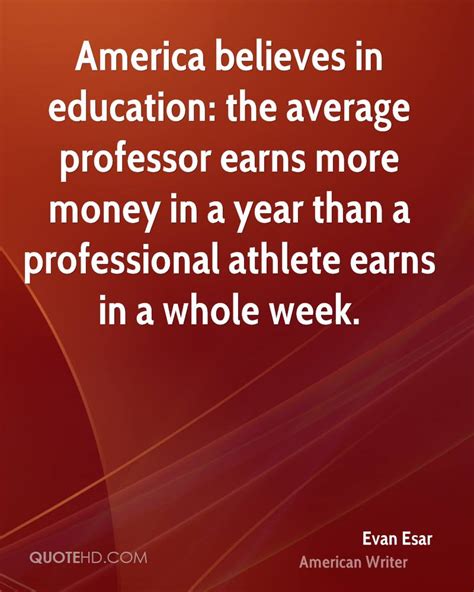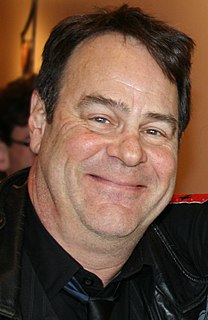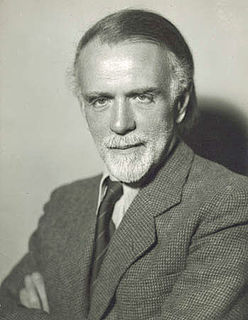A Quote by Edward Abbey
Henry James was our master of periphrasis -- the fine art of saying as little as possible in the greatest number of words.
Related Quotes
While reading writers of great formulatory power — Henry James, Santayana, Proust — I find I can scarcely get through a page without having to stop to record some lapidary sentence. Reading Henry James, for example, I have muttered to myself, "C’mon, Henry, turn down the brilliance a notch, so I can get some reading done." I may be one of a very small number of people who have developed writer’s cramp while reading.
I'm still primarily interested in observing as closely as possible the shifting weather between people. I think the master of this sort of thing, and a writer who has meant a great deal to me, is Henry James: there's a magical way that he has of turning the slightest gesture into a whole world of drama and feeling.
James Brown opened at least six of our House of Blues clubs. He always delivered, but he demanded the respect of an emperor. But, come on, he's James Brown ! ... I got to play on stage with him. Did he ever fine me ? (Brown was known to fine players for flubbing notes or steps) - I would have loved to have been fined by James Brown !
Music is a manifestation of the human spirit, similar to language. Its greatest practitioners have conveyed to mankind things not possible to say in any other language. If we do not want these things to remain dead treasures, we must do our utmost to make the greatest possible number of people understand their idiom.
You can't learn to write in college. It's a very bad place for writers because the teachers always think they know more than you do - and they don't. They have prejudices. They may like Henry James, but what if you don't want to write like Henry James? They may like John Irving, for instance, who's the bore of all time.
If you think about black art, all black art, whether it's Invisible Man or whether it's James Baldwin, Langston Hughes, Zora Hurston, or Richard Wright, they all deal with elements of identity and trying to humanize our experience and our struggle in the world where people have been indifferent to who we are and what we are. It's basically just saying that our lives have meaning.


































